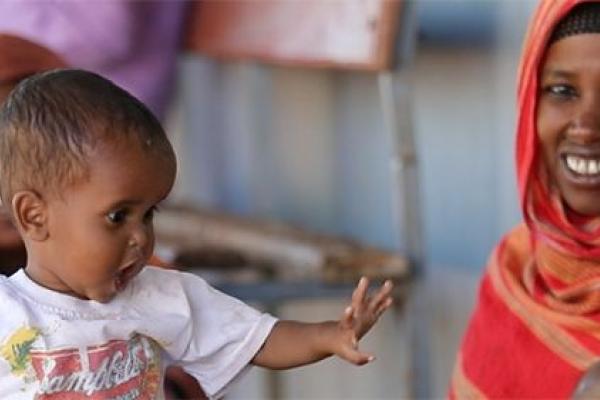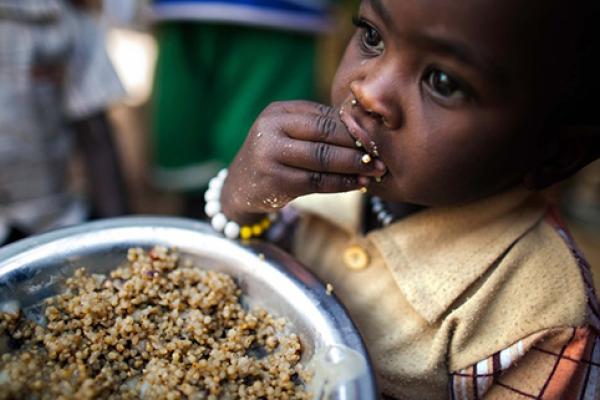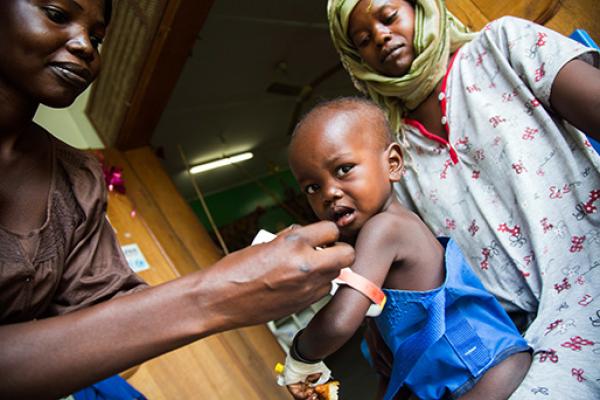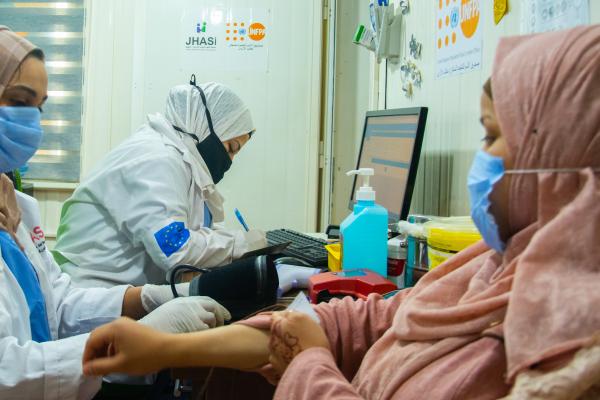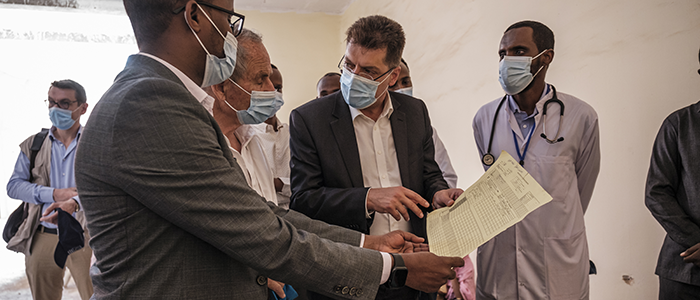
On 20-21 June, Commissioner for Crisis Management Janez Lenarčič visited Ethiopia, which is currently facing several overlapping crises, resulting in record-high humanitarian needs across the country.
With his visit, Commissioner reaffirmed EU’s support for the humanitarian response needed in the north of the country as well as in the south and south-eastern Ethiopia, hit hard by a prolonged drought not seen in the past 4 decades.
He also discussed the humanitarian situation with the Ethiopian authorities, the authorities of the Somali region, the humanitarian community, and some people in need. Lenarčič also met with Tigray regional authorities in Mekelle – this was the first EU high-level visit to Tigray since the armed conflict broke out end of 2020.
After his field visits and meetings with the authorities, Commissioner Lenarčič stressed: “The EU continues to show its solidarity with the people in need in Ethiopia, many of whom are facing multiple, overlapping humanitarian crises. During my visit, I met people for whom the drought brought an end to their livelihoods as they had to leave their homes. I met parents worried about the health of their malnourished children."
“Concerning Tigray, I took note of the recent progress on provision of some basic humanitarian assistance. I welcome the increased number of trucks entering the region. However, much of the blockade of Tigray remains. The desperate situation, which I witnessed first-hand when visiting the hospital in Mekelle, requires the urgent scaling up of humanitarian aid so that humanitarian workers can deliver assistance to all in need, including people outside of the capital city. I urged both sides to the conflict to seize the momentum and continue to build on progress made to-date, for full and unhindered access into the region, with sufficient supplies of food, medicines, fuel, cash for humanitarian partners. Importantly, basic services need to be restored urgently to allow people to start providing for themselves. Despite the world’s attention mostly focused on the situation in Ukraine, the EU continues to stand by, with humanitarian assistance, the most vulnerable elsewhere around the globe, including Ethiopia’s most vulnerable – and I call on all parties involved to do their utmost to facilitate this aid reaching all those who need it most,” he explained.
In 2022, the EU allocated more than €58 million to life-saving humanitarian projects in Ethiopia, including support to conflict-affected people – in Tigray, Afar and Amhara, and other areas; assistance to people affected by food insecurity and children suffering from severe acute malnutrition; and continued aid to refugees in Ethiopia.
Background
Ethiopia is facing several overlapping crises: the conflict in Tigray, in the north of the country, which has been raging since November 2020, has resulted in enormous humanitarian needs not only in the Tigray region itself but also in the neighbouring regions of Afar and Amhara.
In the southern and eastern parts of the country, the repercussions of the unprecedented drought affecting the Horn of Africa compound the effects of conflict, natural hazards, the COVID-19 pandemic and other diseases, and the repercussions of Russia’s war of aggression in Ukraine.
In Tigray, as in all conflict-affected areas in Ethiopia, the EU continues to advocate for full, safe and unhindered access to all impacted areas so that assistance and protection can be provided to those in need.
It is estimated that in 2022, around 30 million people require humanitarian assistance. Of these, 16 million people need food assistance, with food insecurity rising in the country.
Around 4.5 million people are internally displaced, due to conflict and the drought. Ethiopia also hosts a large refugee population: at almost 870,000, this is the third largest refugee population in Africa.
In April 2022, in the light of the historic drought affecting the region, the European Commission co-hosted, with the UN's Office for the Coordination of Humanitarian Affairs, a high-level roundtable. During this event, the EU announced additional funding for boosting food security in the Horn of Africa (Ethiopia, Kenya, and Somalia).
This included €32 million in humanitarian funding for the overwhelming emergency needs in the region because of the drought. This brought the EU’s total humanitarian funding for the drought-affected countries in the Horn of Africa to €108.2 million.
Details
- Publication date
- 21 June 2022
- Author
- Directorate-General for European Civil Protection and Humanitarian Aid Operations (ECHO)

